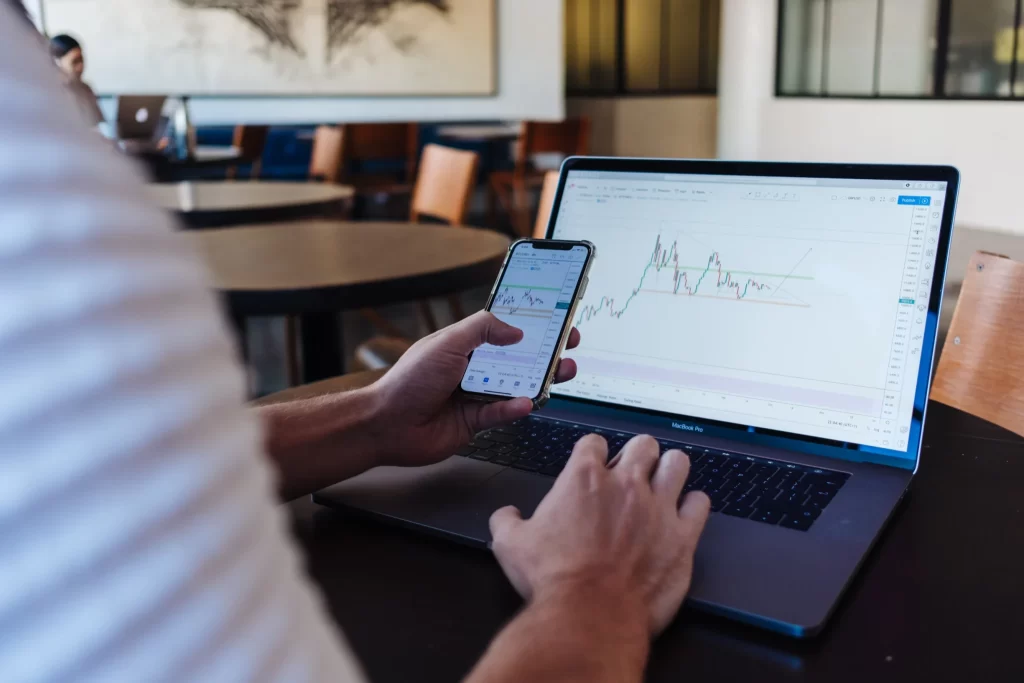The rapid digitization of the financial world has brought forth much innovation, including unprecedented access to trading platforms online. However, one must understand that each option carries its own set of risks. This article will discuss the risk profiles of online trading and broker-assisted trading.

Assessing the Risks: Online Trading
One of the most prominent risks of trading online is the potential for technological glitches. Hiccups in internet connectivity, hardware issues, or software crashes can result in information inaccuracies or undue delays in the trading process.
The ease of trading online can sometimes encourage overtrading, as investors might act impulsively on market-moving news or be swayed by short-term trends. This can increase trading costs and potentially affect investment returns.
Without the guidance of an expert broker, self-directed investors might misunderstand their own risk tolerance and forge ahead with innovative trading strategies. Lastly, trading online can give rise to emotional decision-making in response to market fluctuations. This can lead to hasty trading decisions that deviate from a well-developed trading plan.
Assessing the Risks: Broker-Assisted Trading
In broker-assisted trading, there is always the possibility of human error including incorrect order execution or miscommunication between the investor and broker. Second, the fees associated with broker-assisted trading can be higher than those charged by their online counterparts. Broker-assisted trading can incur commission fees and account management fees, potentially affecting financial returns.
When relying on a broker, response times and reactions to the market might be limited, as brokers attend to several clients’ needs simultaneously. This can hinder the ability to capitalize on timely trading opportunities. Lastly, brokers may receive incentives for recommending specific financial products, which introduces the risk of conflicts of interest. In such cases, the broker might prioritize their own interests above their client’s needs.
Deciding the Suitable Trading Mode
When comparing the two, several factors help determine which approach might be best. First, understanding market dynamics, trading platforms, and risk management is crucial when opting for trading online. On the other hand, novices or those in need of guidance might find benefit in broker-assisted trading.
An affinity for technology is imperative for a seamless trading experience. However, those who are uncomfortable navigating the digital realm or prefer a human touch could gravitate toward traditional broker services. Lastly, trading online might be preferred by those with budget constraints, while others might be willing to pay extra for personalized advice offered by traditional brokers.
Balancing Risks in the Pursuit of Trading Success
Is online trading riskier than using a broker? The true answer lies in the individual context and trading preferences. The key lies in assessing needs, comfort levels, and financial goals to choose the path best suited for trading. After all, investment requires astuteness and adaptability, as markets are dynamic and constantly evolving.
